The Rich and Esoteric
History of Freemasonry:
Freemasonry’s recorded history has unfolded over the course of several centuries. However, its origins remain veiled in mystery and speculative theories. Many trace its roots to medieval stonemason guilds, where architectural and moral principles were imparted among craftsmen.
THE ANCIENT CRAFT:
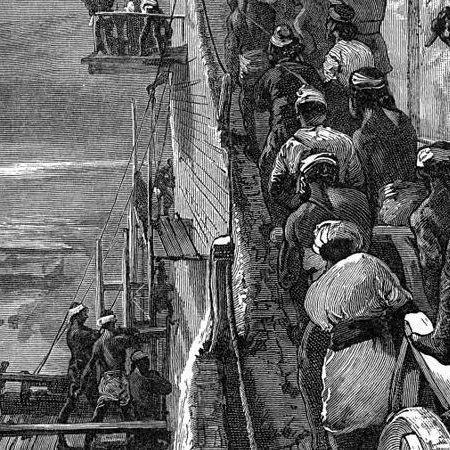
In historical studies of masonry, a distinction is usually drawn between what we term “operative” and “speculative” masonry. There is no denying that operative masonic practices and customs go back to at least 10,000 BC. However, Freemasonry in its modern sense is more likely linked to the operative guilds of the medieval and renaissance periods.
Freemasonry’s origins are steeped in the practices and traditions of the medieval stonemasons who built Europe’s castles, cathedrals, and other monumental structures. These operative masons were skilled craftsmen who possessed the knowledge and ability to work stone, a vital and respected skill during the Middle Ages. The term “Freemason” has several historical interpretations regarding why these masons were considered “free.”
Mobility Across Borders:
Operative masons were often allowed to travel freely across various jurisdictions and borders in search of work. During a time when the movement of people was generally restricted, such masons were often exempt from these restrictions because their skills were in high demand for the construction of significant religious and secular buildings.
Exemption from Local Laws:
Operative masons were often granted certain exemptions from the laws and regulations that typically governed trades and crafts within towns and cities. Masons often received charters or letters of patent from kings, bishops, or local authorities, which freed them from the control of local guilds and allowed them to govern their own affairs.
The Use of “Free Stone”:
Some interpretations also point to the material with which these masons worked – freestone, a type of stone that can be cut and carved in any direction without splitting. This “free” characteristic of the stone may have symbolically linked to the masons themselves, who were adept at shaping it according to the needs of their constructions.
THE MODERN LODGE:
As the demand for such monumental structures waned with the advent of the Renaissance and changes in architectural tastes, the operative masons’ guilds began to accept members who were not active stonemasons. These “speculative” masons were more interested in the moral and philosophical lessons that could be derived from the craft of masonry, leading to the gradual transformation of the guilds into the modern system of Freemasonry. This transition marked the shift from operative masonry, focused on the physical construction of buildings, to speculative masonry, which uses the tools and symbols of the mason’s trade as allegories for building moral and ethical structures in the individual.
The shift to modern Freemasonry is often attributed to the formation of the Grand Lodge of England in 1717. This watershed moment saw four London lodges converging to create a centralized authority, establishing a framework for the organization’s governance. Freemasonry rapidly gained traction across Europe in the 18th century, taking root in France, Germany, and beyond. Drawing members from diverse backgrounds, including intellectuals, aristocrats, and professionals, it became a haven for Enlightenment ideals, fostering a spirit of reason, tolerance, and fraternity.
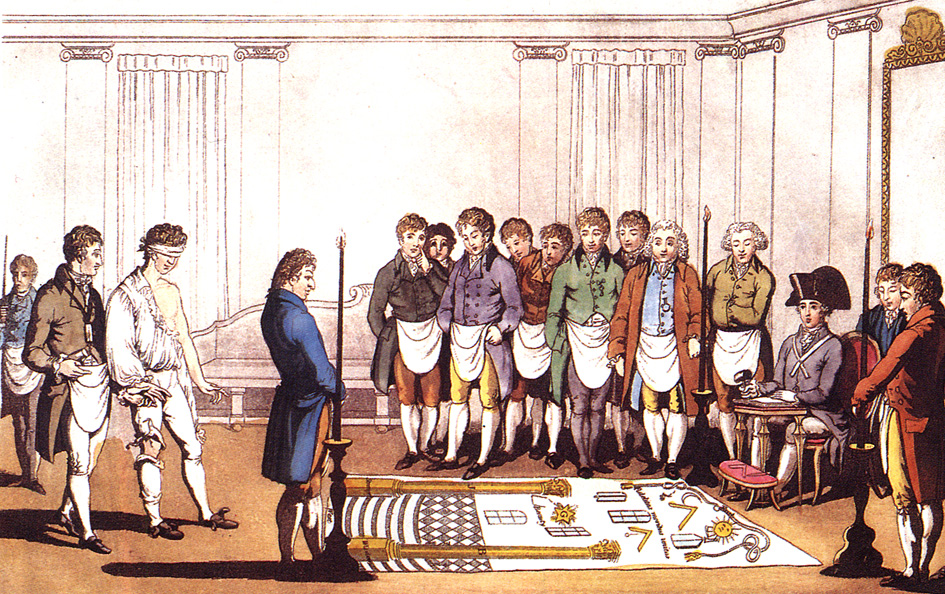

As Freemasonry proliferated, it found itself entwined with historical events, notably playing a pivotal role in the American Revolution. Many of the founding fathers, such as George Washington, Benjamin Franklin, and Paul Revere, were Freemasons, intertwining the principles of the craft with the ideals of liberty and independence. The symbiotic relationship between Freemasonry and revolutionary fervor of the period underscored the organization’s commitment to moral rectitude and civic duty. In the subsequent years, the principles of Freemasonry continued to resonate globally, influencing the formation of new lodges and finding expression in various socio-political movements.
The 20th century witnessed a revival of Freemasonry on a global scale. Efforts were made to dispel misconceptions surrounding the organization, and new lodges were established, reflecting a more inclusive and diverse membership. Freemasonry expanded its reach to encompass regions in Asia, Africa, and Latin America, solidifying its position as a worldwide fraternity. Embracing the core tenets of brotherhood, charity, and personal development, Freemasonry continued to evolve, navigating the complexities of the contemporary era while preserving its rich traditions.
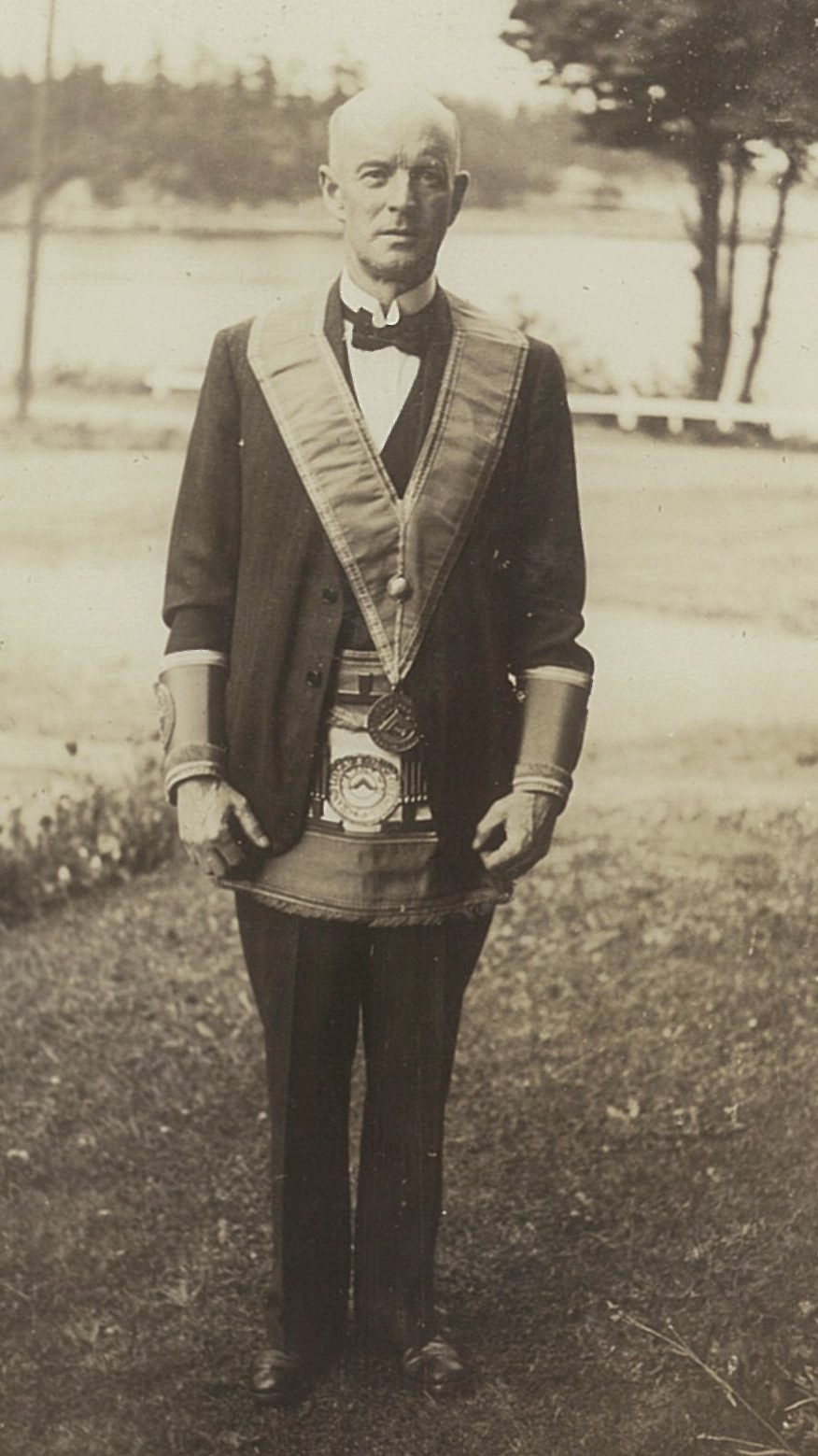
FREEMASONRY TODAY
Today, Freemasonry is a global fraternity comprised of good men with a desire to better themselves and their community. It is not a religion and does not claim to take the place of religion. However, what it does do, in a pluralist fashion, is draw its inspiration from the teachings of virtue contained in, and as we refer to it, The Volume of Sacred Law. It is a volume – and not a or The Bible – to stress perhaps our highest ideal and virtue, compassion and religious tolerance. For some Freemasons, the Sacred Law derives from nature, for others from Judao-Christian or some other scripture; but what unifies all Freemasons is the faith that the universe is ordered in such a manner from which we can derive the Moral Good and that the highest pursuit of mankind is one in alignment and pursuit of this virtue.
The “teachings” of Freemasonry are contained in three rituals. However, “ritual”, as such, is in its proper and etymological meaning; the Latin word, rītuālis, derives from the noun “rite” and is a, sometimes religious but not required, ceremony or custom. In this sense, the ritual of Freemasonry bears no real difference from funeral or wedding ceremony. It departs, however, from such modern rites in that the paradigm underscoring the Freemasonry degrees derive from sources as old as decent human civilization itself. As with all worthwhile pursuits, the rituals aim to be transformative and they do so by appealing to the two great pillars of the human spirit: drama and symbolism. In this manner, Freemasonry does not assert religious truths, but instead aims to nurture consciousness.

Blue Lodge, or regular Freemasonry, is comprised of three degrees.
As the degrees progress, the Craft increasingly unveils its influence from the great religious and philosophical works of the Western tradition. However, Freemasonry has no truths to offer that can’t be acquired elsewhere by a contemplative and inquisitive mind that is learned in the founding dogmas of the West. There are no goats or the Hebrew śāṭān within our rituals or teaching and certainly few Masons have ever heard of Baphomet. Thus, those seeking a myth of power, mysteries, or “lost teachings” are sure to wind up disappointed with the experience of Freemasonry. Nevertheless, for those inclined, the Craft can be an incredible academic endeavour, and hence – as has always been the case – subsequently perhaps one of the most timeless and unparalleled spiritual endeavours as well.
Entered Apprentice:
In the entered apprentice degree, the “Candidate” is introduced, among other things, to the Cardinal Philosophical Virtues of Plato and Aristotle: Temperance, Fortitude, Prudence, and Justice; as well as the Theological Virtues of Thomas Aquinas: Faith, Hope, and Charity.
Fellowcraft:
The Fellow Craft degree teaches that the only way to master oneself is through a wise education and draws its inspiration from the syllabus of the Medieval philosopher, Boethius, and his “seven liberal arts and sciences”: Grammar, Rhetoric, Logic, Music, Geometry, Arithmetic, and Astronomy.
Master Mason:
The final “teaching” of Freemasonry culminates in a dramatic telling of the building of King Solomon’s Temple and the zealous murder of one of its builders, Hiram Abif. In total, it is situated as such to teach the dangers of unfettered ambition and an unwise spirit, and to expose through symbol the unfortunate and inescapable limits of our human understanding.
The degrees above will make up a relatively small part of the candidate’s Masonic journey. Instead, much of Freemasonry is about fraternal camaraderie and the organization and leadership of the Lodge. Should one choose to participate in the broader leadership structure, for every subsequent year the member moves up a rank and takes on a different set of duties during their tenure. Theoretically, the end of the line is in the position of Worshipful Master, who is responsible for all aspects of Lodge coordination. Above the lodge, there is the Provincial Organization, Grand Lodge, that administrates Freemasonry within the entire jurisdiction. It should be clear from this that freemasonry, at the same time as providing a moral and spiritual education, is really an organization whose purpose is to breed leaders in a safe and compassionate environment.
Outside of this, the Craft is burdened with the same bureaucratic hinderances as any other non-profit or society. During our meetings we pay bills, answer correspondence, attend to the charitable aid of members in need and their families, and keep ontop of building maintenance. With this in mind, it is perhaps our greatest endeavour that we always ensure we counteract the minutia of our administrative duties by breaking bread and engaging in friendly relations between the members after every meeting.
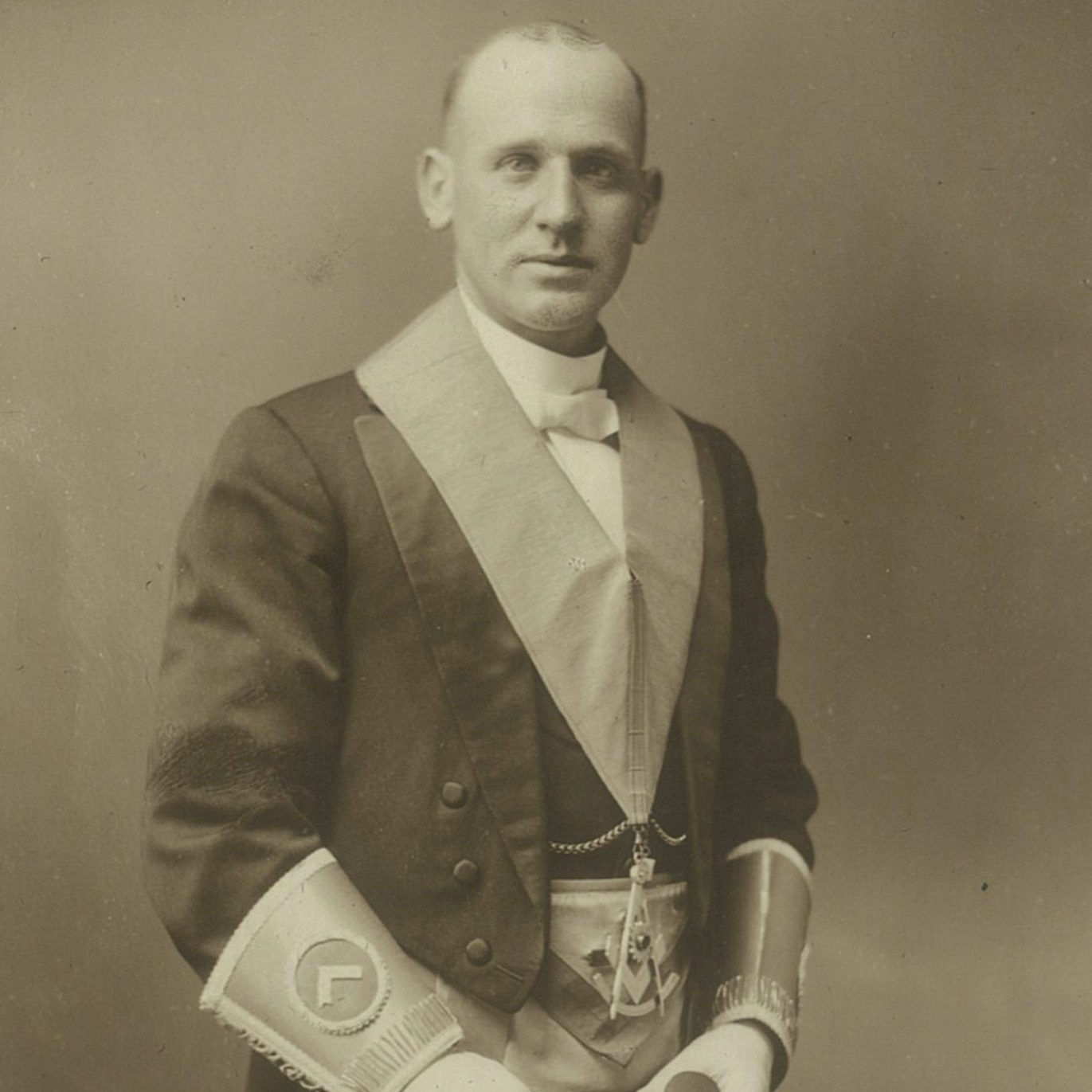
Ready to take the first step?
Find out more information about how to join Ashlar Lodge: